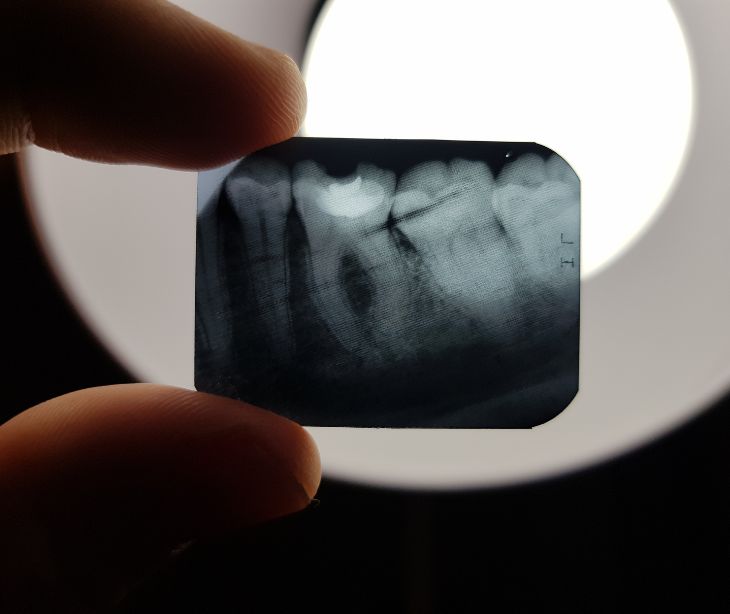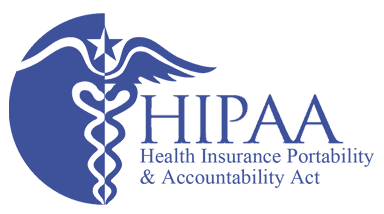
Dental research studies should be aware of potential HIPAA violations to protect patient privacy and comply with regulatory requirements. By implementing proper safeguards and acquiring patient or research subject consent, dental research studies can uphold HIPAA compliance and maintain the trust and confidentiality of patient data.
When does HIPAA apply to dental research?
HIPAA applies to dental research when it involves the collection, use, or disclosure of individually identifiable protected health information (PHI). Dental researchers and institutions must comply with HIPAA regulations if they collect identifiable health information from patients, access PHI from covered entities, or work with PHI that is individually identifiable, even if it has been de-identified for research purposes.
Compliance with HIPAA involves:
- Obtaining necessary permissions
- Protecting the privacy and security of PHI
- Adhering to the guidelines for de-identification and use of data
However, if dental research is conducted solely on anonymized or aggregate data that cannot identify individual patients, HIPAA may not apply.
Steps to adhering to HIPAA compliance
Dental research studies must adhere to several requirements of HIPAA to ensure compliance.
- Privacy rule compliance: Dental research studies must adhere to the HIPAA Privacy Rule, which governs the use and disclosure of protected health information (PHI). Researchers should implement policies and procedures to protect the privacy of patients' PHI, including obtaining patient consent, limiting access to PHI, and ensuring proper safeguards are in place to prevent unauthorized disclosures.
- Security rule compliance: The HIPAA Security Rule focuses on protecting electronic protected health information (ePHI). Dental researchers must implement reasonable safeguards to protect the confidentiality, integrity, and availability of ePHI. This includes implementing physical, technical, and administrative safeguards, conducting risk assessments, and implementing measures like HIPAA compliant email to prevent unauthorized access or breaches.
- Business associate agreements: If dental researchers collaborate or engage with third parties, such as vendors, contractors, or service providers, who will have access to PHI, a business associate agreement (BAA) must be in place. A BAA outlines the responsibilities and obligations of the third party to protect the PHI and comply with HIPAA regulations.
- Patient consent and authorization: Dental research studies must obtain appropriate patient consent for the use and disclosure of PHI. This includes informing patients about the purpose of the research, the potential risks and benefits, and how their PHI will be protected. Researchers should document the consent process and ensure patients can revoke their consent at any time.
- Data de-identification: If dental researchers use de-identified data for research purposes, they must follow HIPAA guidelines for de-identification. This involves removing specific identifiers to ensure the data cannot be used to identify individual patients.
- Data breach response: In the event of a data breach involving PHI, dental research studies must have procedures in place to promptly respond and mitigate the breach. This includes notifying affected individuals and the appropriate regulatory authorities and following the necessary breach reporting protocols outlined by HIPAA.
Related: Understanding and implementing HIPAA rules
The Impact of HIPAA Compliance on dental research collaboration
HIPAA compliance significantly impacts the collaboration and sharing of research data among dental research institutions. When dental research institutions collaborate and share data, they may be considered business associates under HIPAA. These agreements ensure all parties establish clear protocols and procedures for sharing research data while maintaining HIPAA compliance.
In some cases, dental research institutions may share limited data sets that contain some identifiers but with certain elements removed. Limited data sets can be used for research without patient consent as long as appropriate data use agreements are in place and strict safeguards are implemented to protect the data. Furthermore, data recipients should be aware of the limitations on data use. They must comply with HIPAA regulations and any additional data use agreements between the collaborating institutions.
Legislation that applies to dental research
In addition to HIPAA, dental research studies should adhere to specific legislation and guidelines that govern research activities. Some key legislations and guidelines include:
- Common rule: The Common Rule applies t dental research studies involving human subjects. It outlines requirements for informed consent, institutional review boards (IRBs), and data security.
- FDA regulations: If dental research involves investigational drugs, biologics, or medical devices, researchers must adhere to rules set forth by the U.S. Food and Drug Administration (FDA).
- NIH guidelines: The National Institutes of Health (NIH) provides guidelines and policies for research involving human subjects, including dental research. The NIH Guidelines for Research Involving Recombinant or Synthetic Nucleic Acid Molecules, for example, apply to studies involving genetic research or gene therapy.
- Institutional Review Board (IRB) requirements: IRBs are responsible for reviewing and approving research protocols involving human subjects to ensure ethical conduct. If required, dental research studies must seek IRB approval from their respective institutions or external IRBs. IRBs assess the study design, risks and benefits, informed consent process, and overall ethical considerations.
- Ethical guidelines: Dental researchers should follow ethical guidelines, such as those provided by professional organizations like the American Dental Association (ADA) or the International Association for Dental Research (IADR). These guidelines emphasize respect for autonomy, beneficence, non-maleficence, and justice in conducting research and protecting patient rights.
Related: 9 common PHI Pitfalls for dentists
Subscribe to Paubox Weekly
Every Friday we bring you the most important news from Paubox. Our aim is to make you smarter, faster.




